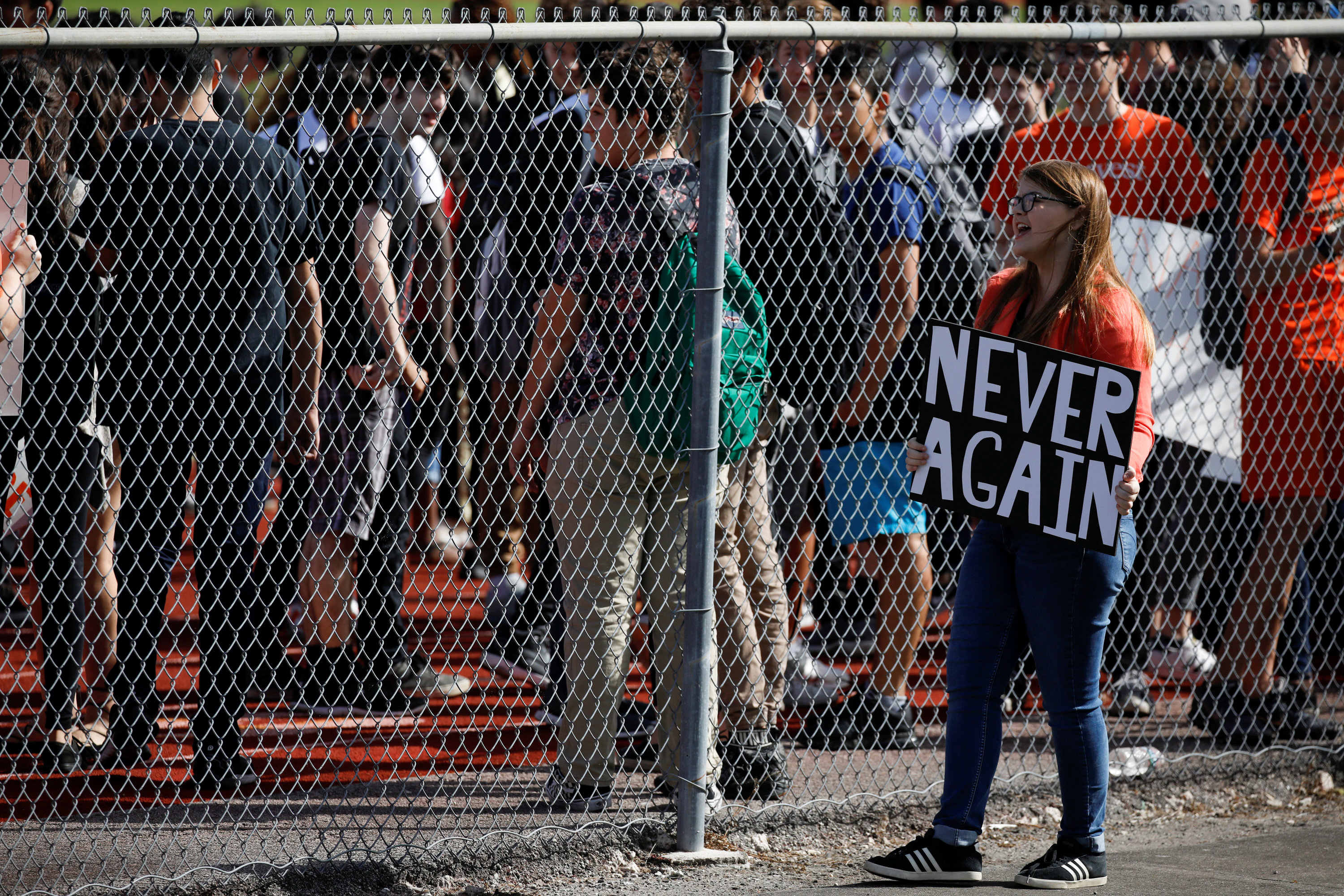
“I get through every day by focusing totally on my work, to the point of distraction. And especially when milestones come up — Dylan’s birthday, 12/14; when school gets out, when school starts; seeing buses. I push all my emotion down and distract myself with work. I’ve been doing that for five years now, and it’s not healthy.”
Those are the words of Nicole Hockley, whose son Dylan was killed in 2012 in the Sandy Hook Elementary School shooting in Newtown, Conn., when he was 6 years old. He died in the arms of his special-education teacher, Anne Marie Murphy, who also was killed. Hockley spoke those words to two teens from Parkland, Fla., when they met last week in front of CBS cameras. Hockley’s face was etched with grief; the visible wound of endless emptiness, of persistent and permanent loss.
The reason we must tell and retell the stories of murdered children is because we must be reminded what is at stake in the gun control debate. It is not American liberty; it is American life. It is your child, your sibling, your teacher, your neighbor, your fellow citizen. And the lives at stake are not just the victims of gun violence — those who succumb to their wounds and never see another day — but the bereft survivors they leave behind.
We can argue endlessly about the means and measures necessary to protect and preserve American life, but we must at least start with a shared premise: Preservation of American life is paramount. This is the most fundamental expression of our decency and humanity as a society.
This shouldn’t be a radical idea. As Americans, we are promised much more. The Declaration of Independence states that we are endowed by our creator with certain inalienable rights, among them “life, liberty and the pursuit of happiness.” But too many of us don’t appreciate what that means.
Almost 25 years ago, philosopher Isaiah Berlin delivered a prophetic commencement address at the University of Toronto, in which he distilled a lifetime of wisdom into “A Message to the 21st Century.” He began with the premise that, although human history has been riddled with violence and tragedy, the horrors of the 20th century carried out by Lenin, Stalin, Hitler, Mao and Pol Pot were “unparalleled.”
“Compromises, trade-offs, arrangements have to be made if the worst is not to happen.” — Isaiah Berlin
“They were not natural disasters,” Berlin said, “but preventable human crimes [and] they could have been averted.”
The calamities of history, Berlin said, are products of a belief in absolute ideals, even the noblest ones. Once a society commits entirely to any ideal — let’s say the Second Amendment or even democracy itself — it will do almost anything to preserve that ideal, even if it means resorting to coercion or violence. Everything is justified by the goal of attaining the ideal.
What Berlin understood is this: “The central values by which most men have lived are not always harmonious with each other. … Men have always craved for liberty, security, equality, happiness, justice, knowledge, and so on. But complete liberty is not compatible with complete equality — if men were wholly free, the wolves would be free to eat the sheep.”
Instead, Berlin counsels, we must compromise.
“Compromises, trade-offs, arrangements have to be made if the worst is not to happen. So much liberty for so much equality, so much individual self-expression for so much security, so much justice for so much compassion … [because] values clash.”
All Americans are entitled to liberty, but the preservation of the “total liberty” that the National Rifle Association preaches comes at the cost of others’ lives, liberty and pursuit of happiness. If we want to live in a decent society, individual liberties must sometimes be moderated to make room for additional cherished values — like the value of life itself.
Does Nicole Hockley have any less right to the pursuit of happiness than another American? The tragic reality is that the effort to preserve someone else’s total liberty denied Hockley her right to happiness and her son Dylan’s right to live.








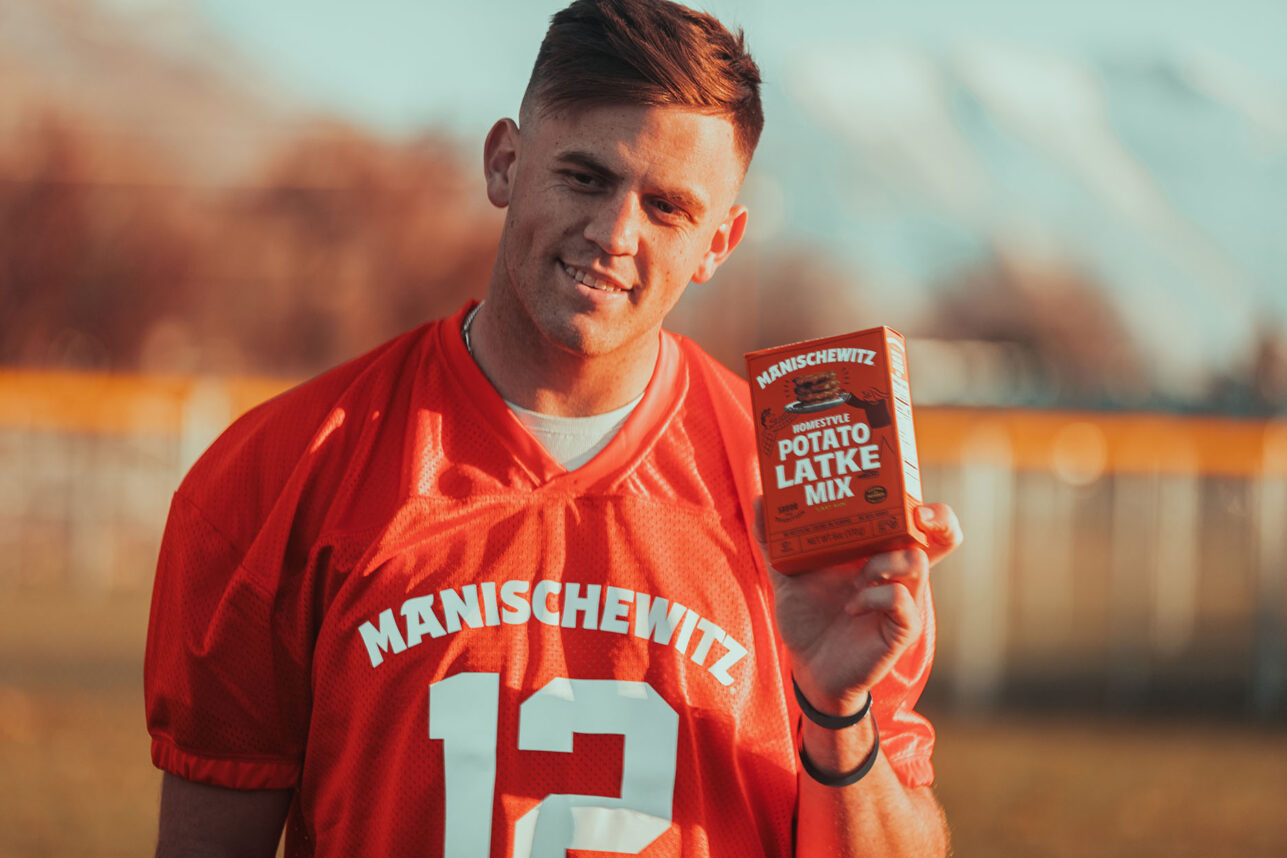

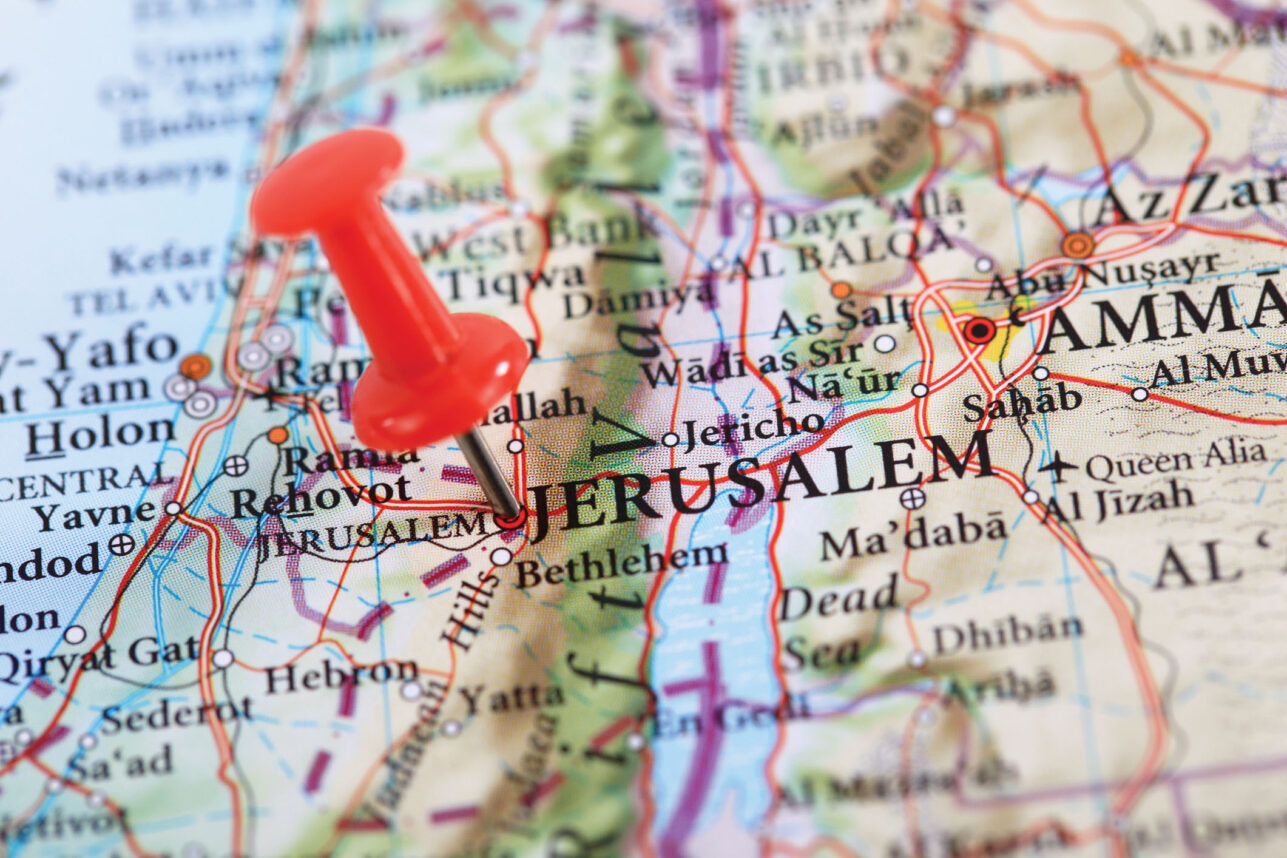
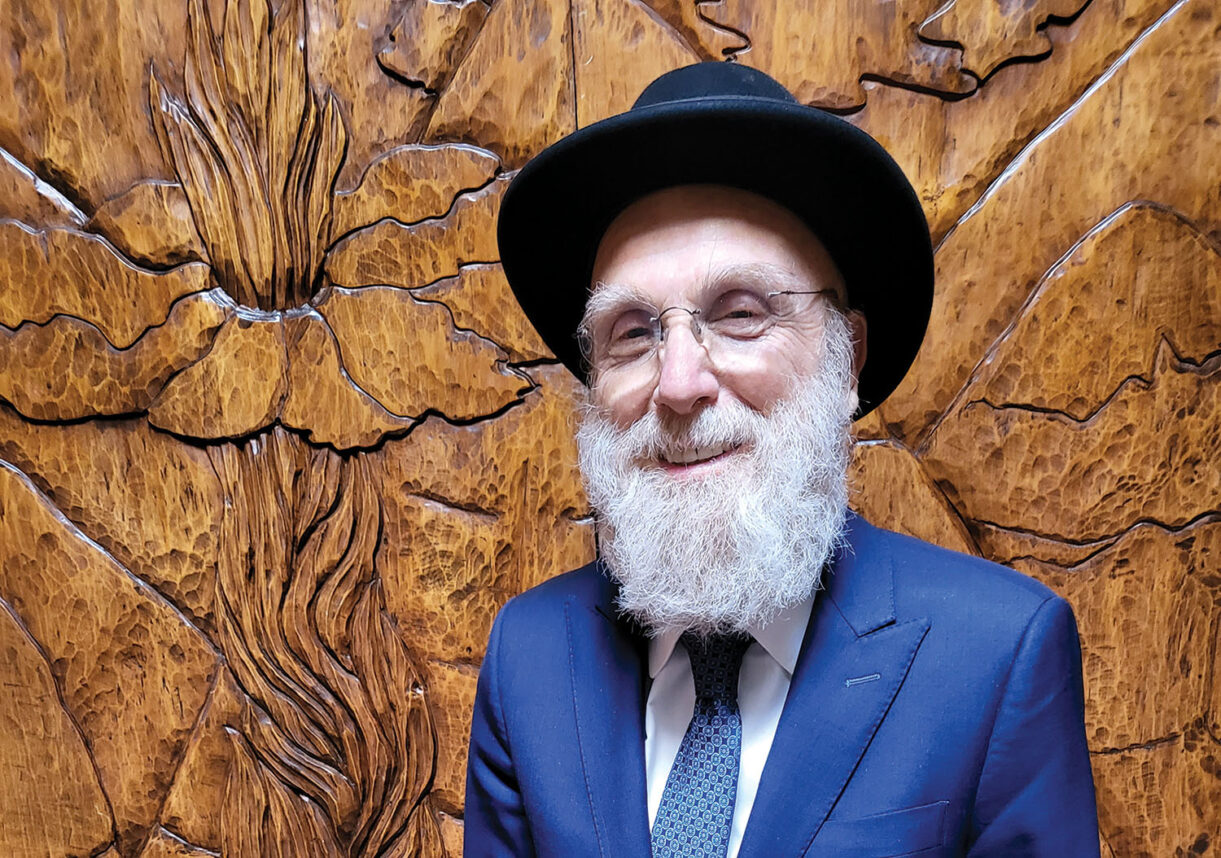
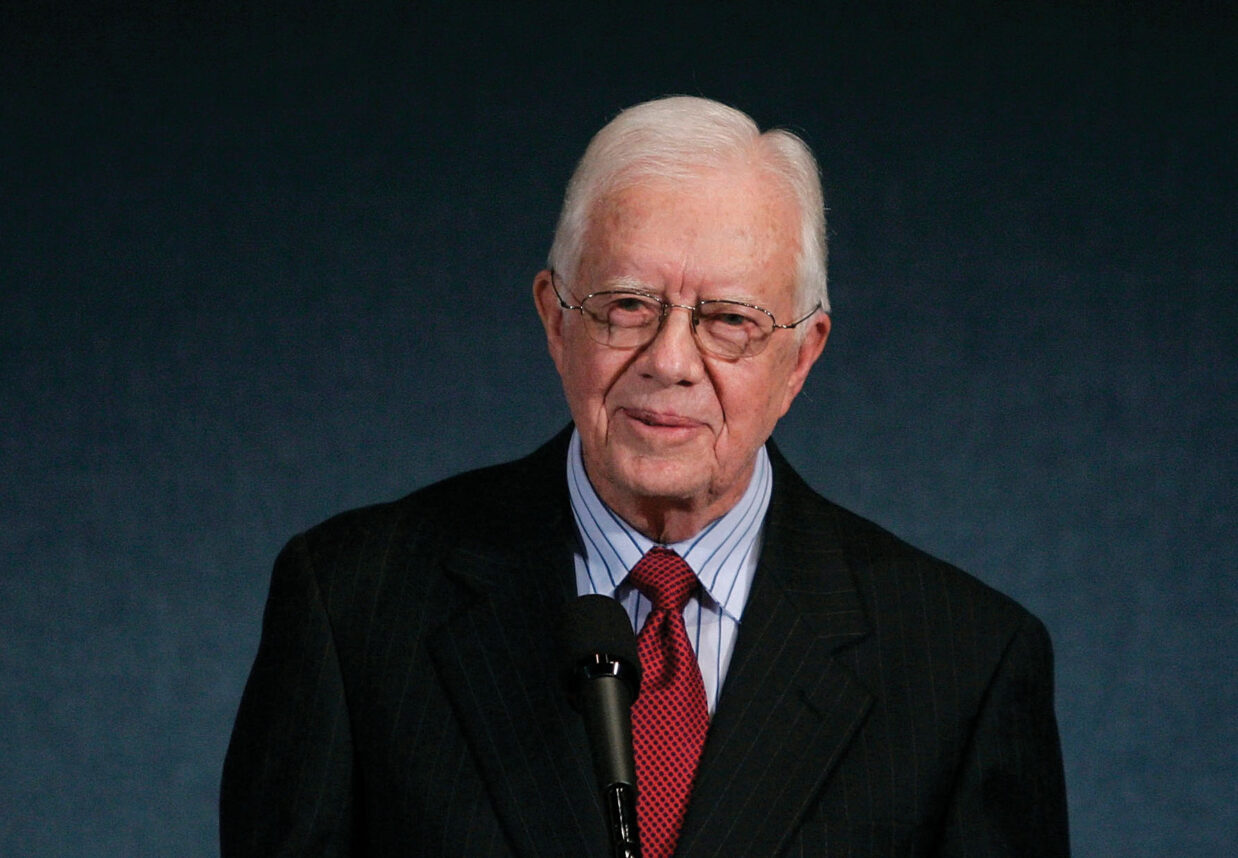
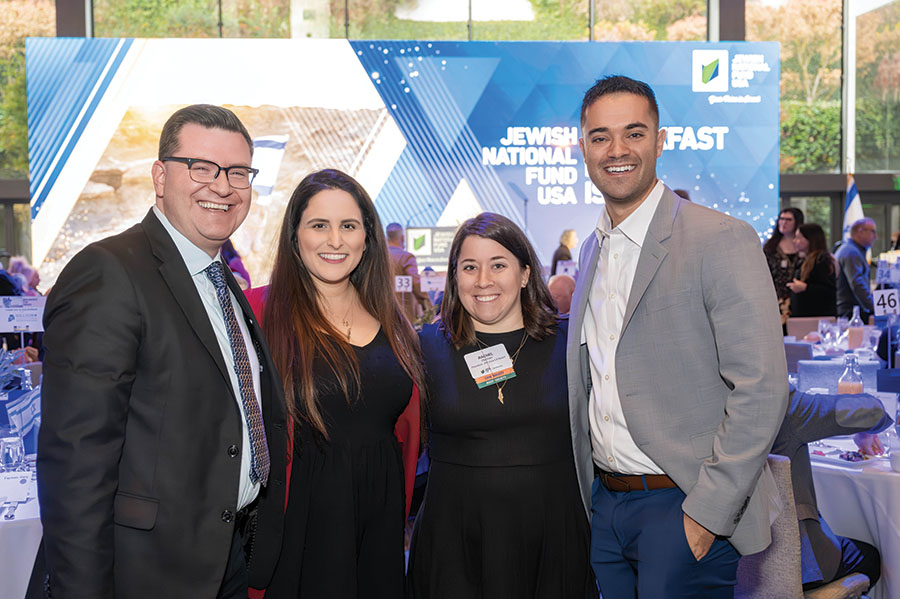
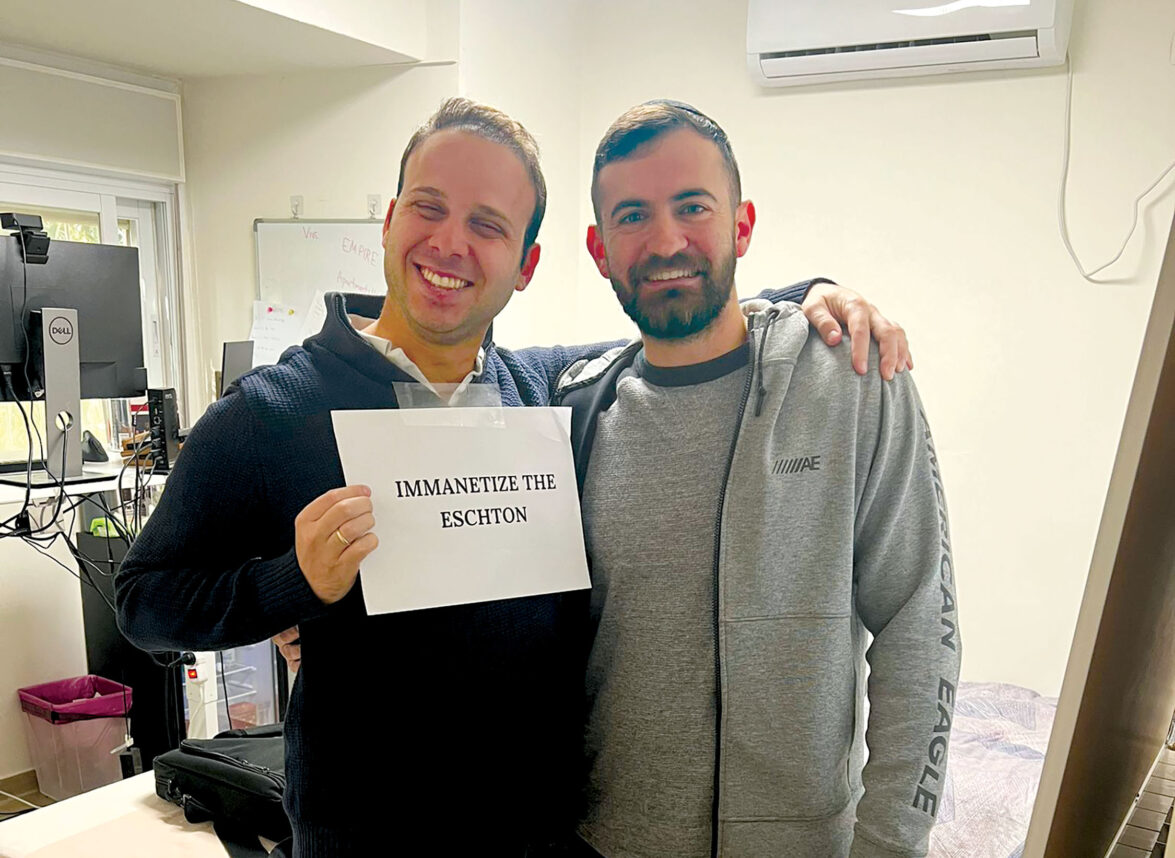

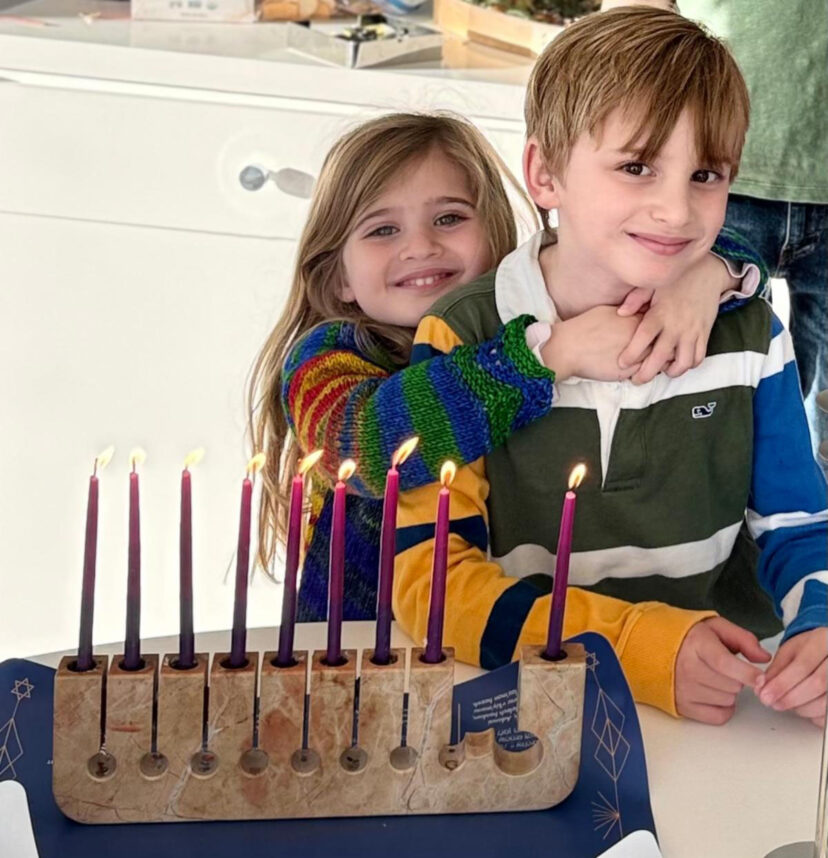
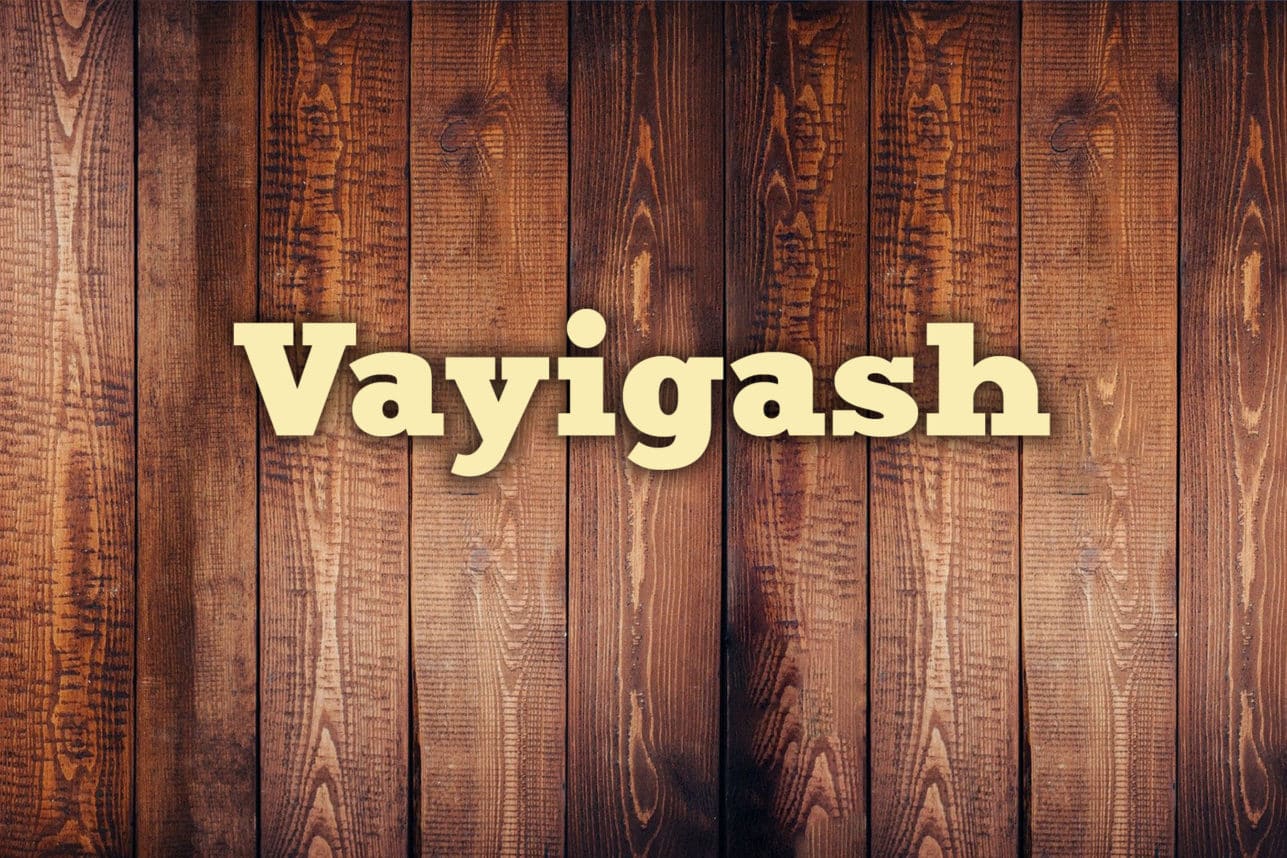





 More news and opinions than at a Shabbat dinner, right in your inbox.
More news and opinions than at a Shabbat dinner, right in your inbox.